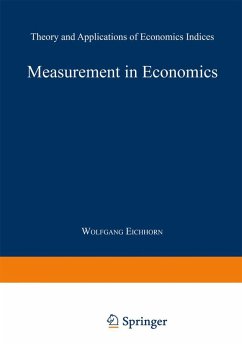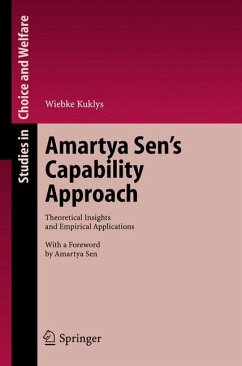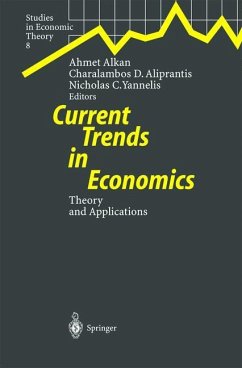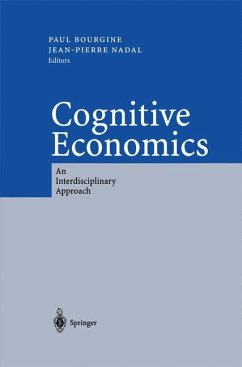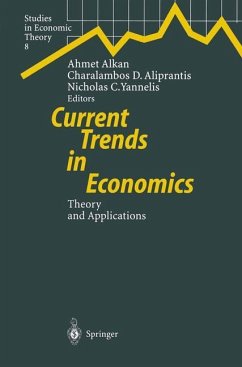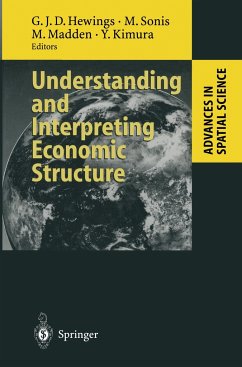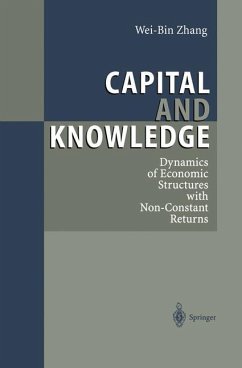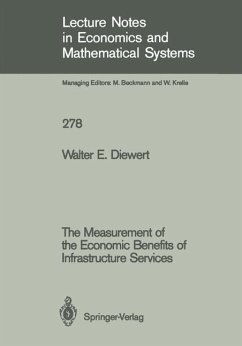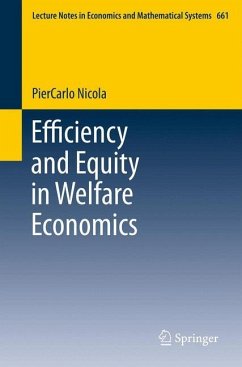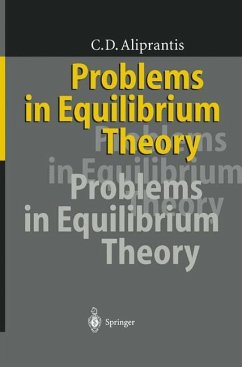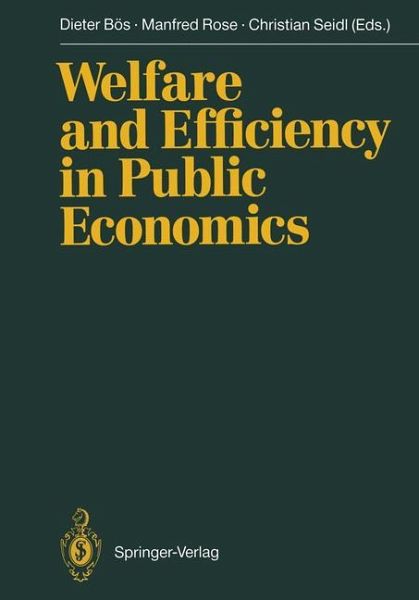
Welfare and Efficiency in Public Economics

PAYBACK Punkte
38 °P sammeln!
Hans-Werner Sinn, Munich, West Germany This book contains 15 papers presented at a conference in Neresheim, West Ger many, in June 1986. The articles were selected by anonymous referees and most of them have undergone substantial revisions since their presentation. The common topic is measurement of welfare, both from efficiency and from equity perspectives. For many economists, welfare is a diffuse, arbitrary and am biguous concept. The papers collected in this book show that this view is not justified. Though not beyond all doubt, welfare theory today is crisp and clear, offering fairly stra...
Hans-Werner Sinn, Munich, West Germany This book contains 15 papers presented at a conference in Neresheim, West Ger many, in June 1986. The articles were selected by anonymous referees and most of them have undergone substantial revisions since their presentation. The common topic is measurement of welfare, both from efficiency and from equity perspectives. For many economists, welfare is a diffuse, arbitrary and am biguous concept. The papers collected in this book show that this view is not justified. Though not beyond all doubt, welfare theory today is crisp and clear, offering fairly straightforward measuring concepts. It even comes up with numbers that measure society's advantage or disadvantage from specific policy options in monetary units. Politicians get something they can intuitively understand and argue with, and they do not have to be afraid that all this is metaphysics or the result of the scientist's personal value judgements. Some economists, whom I would classifyas belonging to the "everything is optimal" school, would claim that providing politicians with numerical welfare measures is superfluous or even dangerous. The world is as it is, and any attempt to give policy advice can only make things worse. I do not share this view. There are good policies and there are bad ones, but it may not be easy to distinguish between them. There is a role for consulting politicians, Dr.





